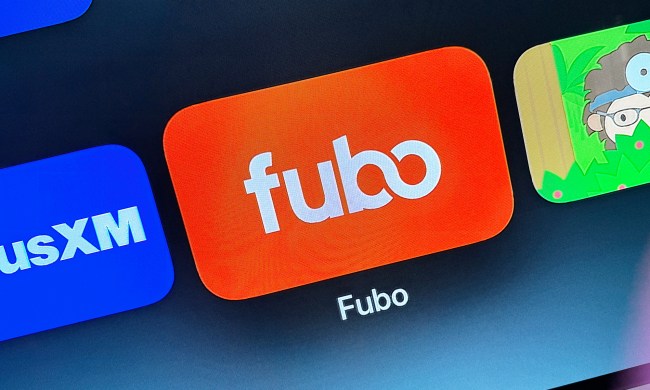With the world’s three biggest labels — Universal Music Group, Sony Music, and Warner Music Group — set to re-negotiate contracts with YouTube this year, the musical powers that be want to figure out how to get a better shake.
The RIAA and the the labels’ global trade group, the International Federation of the Phonographic Industry (IFPI), are looking to coax more from the notoriously low-paying streaming video giant — but the current situation when it comes to music copyright law makes that goal look like a long shot.
Despite labels’ best efforts, millions of unlicensed songs continue to be illegally uploaded to the streaming video service annually. And due to vast protections afforded to YouTube under 1998’s Digital Millennium Copyright Act, the service doesn’t have any legal mandate to better combat piracy.
That’s largely due to the DMCA’s “Notice and takedown” policy, which RIAA head Cary Sherman lambasted in a recent interview with Re/Code for being outdated and not reaching far enough in the new streaming paradigm.
“There are 100 copies of a song. We can’t just say to YouTube, ‘we didn’t license this Pharrell song, take it down.’ They will not just take down all 100 copies. They’ll take down only the one file that we’ve identified. We have to find every one of them, and notice them, and then they’re taken down, and then immediately put right back up. You can never get all the songs off the system.”
When negotiating with a streaming service like YouTube, which sees a steady flow of illegal uploads of copyrighted material, it’s nearly impossible for labels to combat the problem under the current legal structure. And though YouTube does bring in ad-based revenue for licensed content, Sherman and others assert royalty rates from YouTube and other user-uploaded services are abysmally low.
“Advertising-supported user upload services comprise the biggest on-demand music audience in the world, with over 900 million users,” wrote IFPI CEO Frances Moore in a statement about the industry, “Yet they form part of an advertising-supported revenue sector that makes up only four per cent [sic] of global music industry revenues. This is, emphatically, not a fair correlation between the consumption of music and the value that it is generating for artists, creators and investors.”
Sherman joins Moore in agreeing that YouTube and others do not have rights holders’ best interest at heart, and Sherman is not optimistic about this year’s contract renegotiations. In fact, he describes the new round of upcoming negotiations between major labels and Google’s streaming juggernaut almost like a mafia shakedown.
“The way the negotiation goes is something like this: ‘Look. This is all we can afford to pay you,’ YouTube says. ‘We hope that you’ll find that reasonable. But that’s the best we can do. And if you don’t want to give us a license, okay. You know that your music is still going to be up on the service anyway. So send us notices, and we’ll take ’em down as fast we can, and we know they’ll keep coming back up. We’ll do what we can. It’s your decision as to whether you want to take our deal, or whether you just want to keep sending us takedown notices.’ That’s not a real negotiation. That’s like saying, ‘That’s a real nice song you got there. Be a shame if anything happened to it.’”
For now, the two parties appear to be at an impasse, so it will be interesting to see how the negotiations shake out. We’ll be keeping a close eye on this, so stay with us as details develop.



